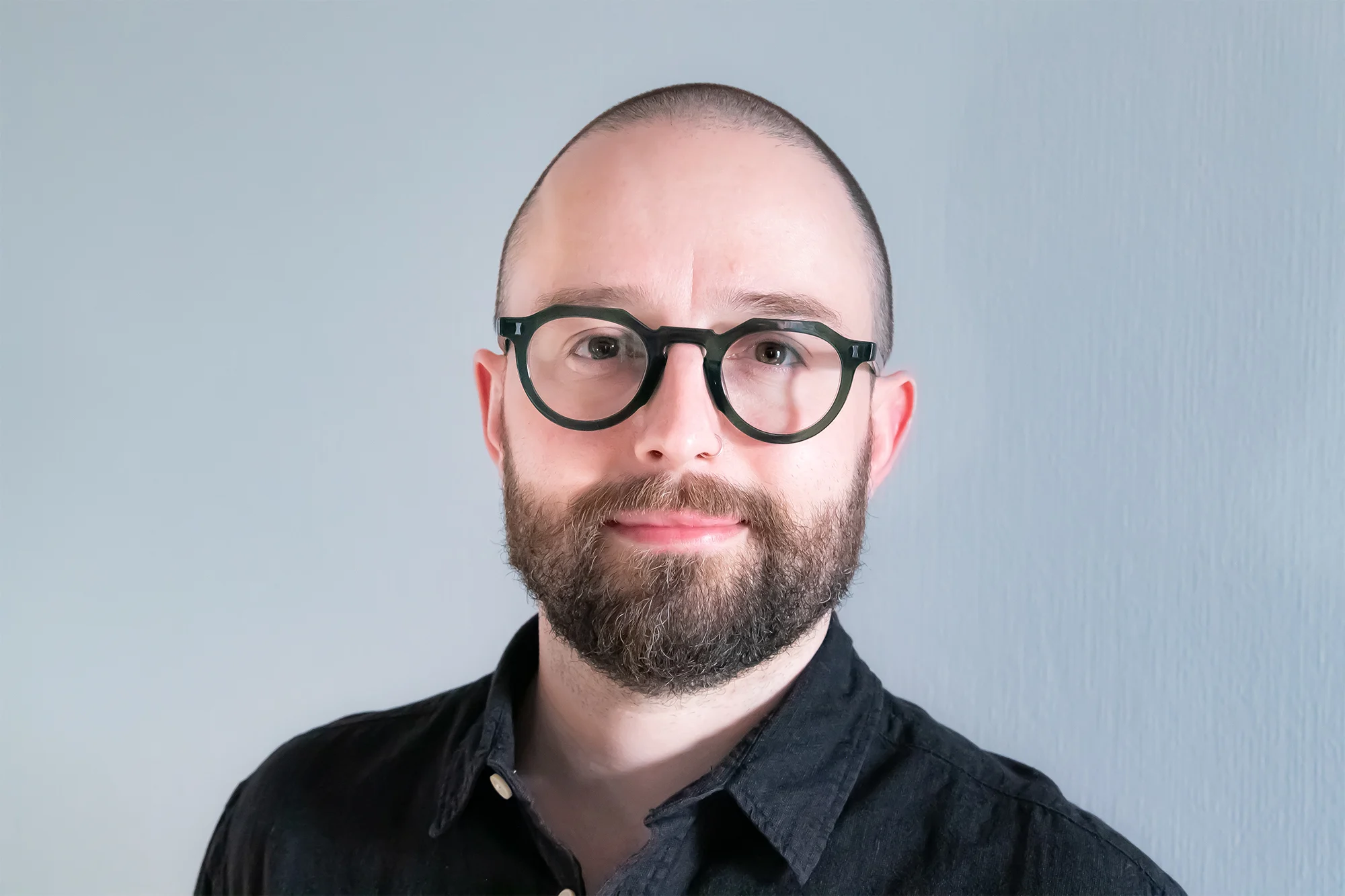Making your voice heard
Al McCartney – Head of Communications and Engagement, Faculty of Medicine

The Faculty of Medicine has worked to increase engagement and communication between staff and leadership. Al McCartney, the Faculty’s Head of Communications and Engagement, explains more.
“I would say to people about the 2024 Staff Survey, that if you don’t ask, you definitely don’t get. This is a good opportunity to have your voice heard by people who have the power to change things – so speak up.
Communications was a priority
“The Staff Survey gives a strong indication of where there’s room for growth and improvement – for the Faculty of Medicine, two-way communication came up as a priority area. One of my key responsibilities as a communications professional is to work with leadership to communicate with colleagues and teams more effectively.
Once a year opportunity
“We decided to overhaul how colleagues could hear from and engage with senior leadership. Previously, opportunities to see and engage with our senior leadership was fairly limited, with an annual Faculty of Medicine Roadshow for each of our campuses. These were lengthy, in-person events, with limited opportunities for interaction; colleagues could only raise their hands to ask questions. These were not always well attended and there wasn't a great deal of participation, so clearly something needed to change.
A more accessible format
“We launched shorter, more regular online sessions that would cover a different topic area each time, such as education, research, or people and culture. These sessions begin with key updates from the Dean or a Vice Dean, before moving to a series of show-and-tell presentations from colleagues across the Faculty. This is always followed with a 15-20-minute open Q&A section where colleagues can pose questions and instigate conversations.
“We decided to overhaul how colleagues could hear from and engage with senior leadership. Previously, opportunities to see and engage with our senior leadership was fairly limited, with an annual Faculty of Medicine Roadshow for each of our campuses.
“Previously some people found the in-person format quite intimidating and were reluctant to speak up in front of everybody. Now, we give people the opportunity to submit questions in advance, put them in writing during the session, or put their hand up to speak – with the result that we now have so much more active engagement and participation during the sessions.
Multiple ways to engage
“Feedback—collected at the end of each session—has been overwhelmingly positive since launch, and attendance is much higher than the in-person roadshows. We now have hundreds of colleagues joining for each online session, whereas some of the previous format events had fewer than 50 in attendance. Recordings are also made available for those who can’t attend live, making the sessions more accessible for a wider range of our colleagues.
“So, overall we have gone from an old picture where there was a once-a-year opportunity to see, hear from and speak to Faculty leadership. Now it is multiple times a term that you can engage with leadership in a variety of different ways. We are consistently asking and receiving feedback so we can make incremental changes and developments throughout the year as well. The faculty recognises this is an ongoing and continuous process, as we strive to keep improving our performance.
If you don’t ask, you definitely won’t get
“I would say to people about the 2024 Staff Survey, that if you don’t ask, you definitely don’t get. This is a good opportunity to have your voice heard by people who have the power to change things – so speak up.